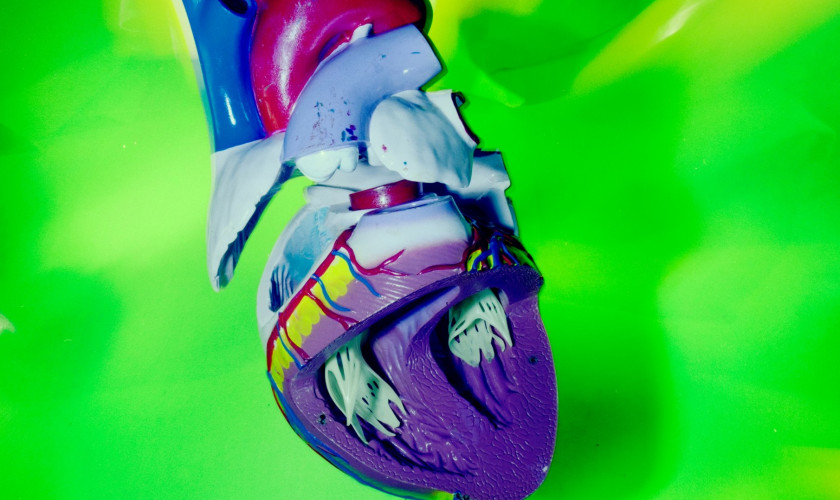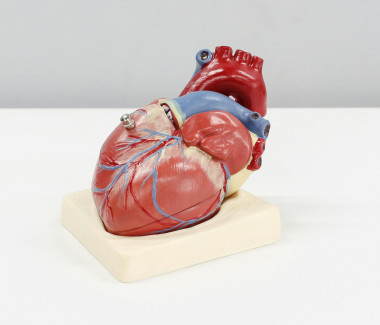These surface components account for the species and strain dependent propensity of the microorganisms (S. aureus, S. epidermidis and S. sanguis) to colonize the host endovascular surfaces. We plan to investigate if the underlying tissue used for valve replacement has variable propensity to recruit bacteria and inflammatory cells facilitating IE at the conduit side. As a novel approach, we will investigate different conduit tissues ex vivo under shear stress conditions. Experiments focus on the bacterial adhesion and adhesion of thrombocytes to the various tissues. In addition, we will evaluate the effect of drugs blocking platelet aggregation or thrombin formation for their protective effect since recent studies give evidence that these substances are capable to reduce bacterial adhesion and vegetation formation.
- The project will be available again per the Spring 2026 semester.
- Number of placements available: 1 per semester.
Prerequisites
- High level undergraduate student.
- Minimum GPA 3.4
Faculty department
Faculty of Medicine / Department of Cardiovascular Developmental Biology.
The research project is situated in the Department of Cardiovascular Development in cooperation with the Center of Molecular and Vascular Biology (CMVB, KU Leuven). Research on the crosstalk between coagulation and infection is a major subject of interest. Recent work focused on the role of platelet activation and other different pathways of activation of coagulation initiated by S. Aureus
Ongoing investigations state the importance of single fibronectin binding regions of the FnBPA molecule as pathways to evoke inflammation under shear stress. The planned research continues on investigations of bacterial adhesion to different tissues used in valve replacement. The project will be supervised by an experienced Post-Doc. The laboratory has all facilities for cell and bacterial cultures as well as actual microscopy facilities.


